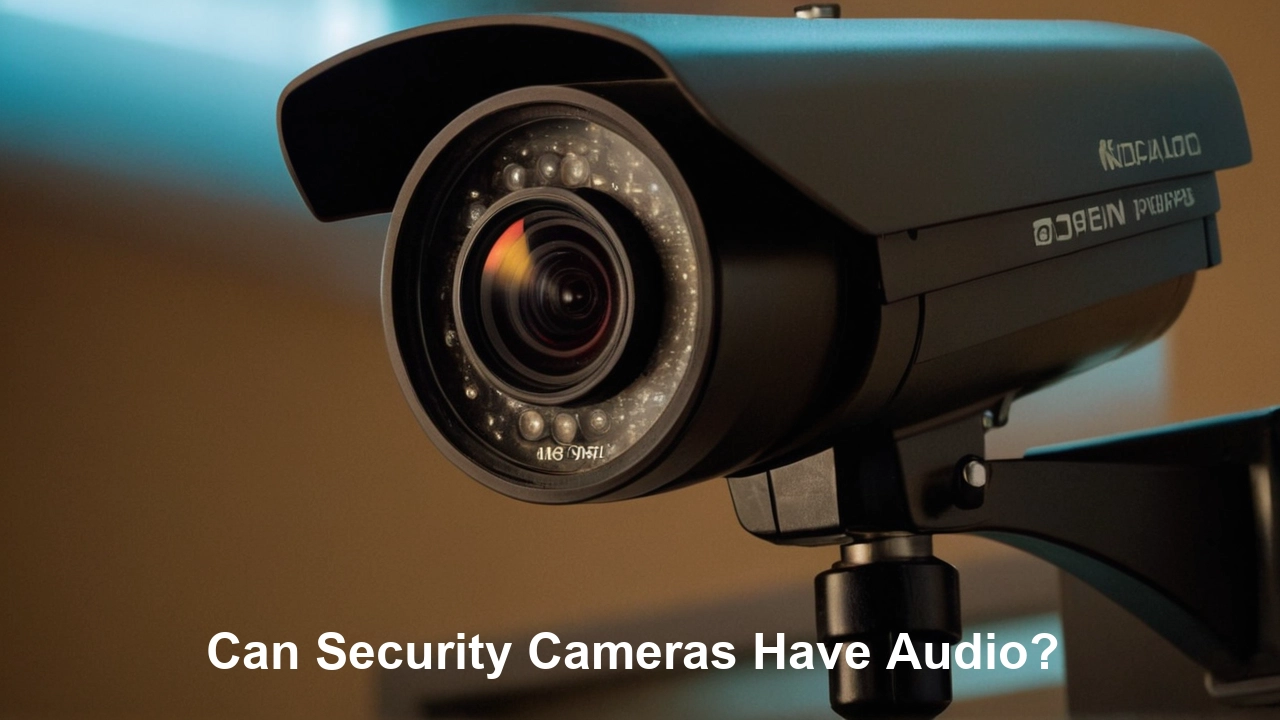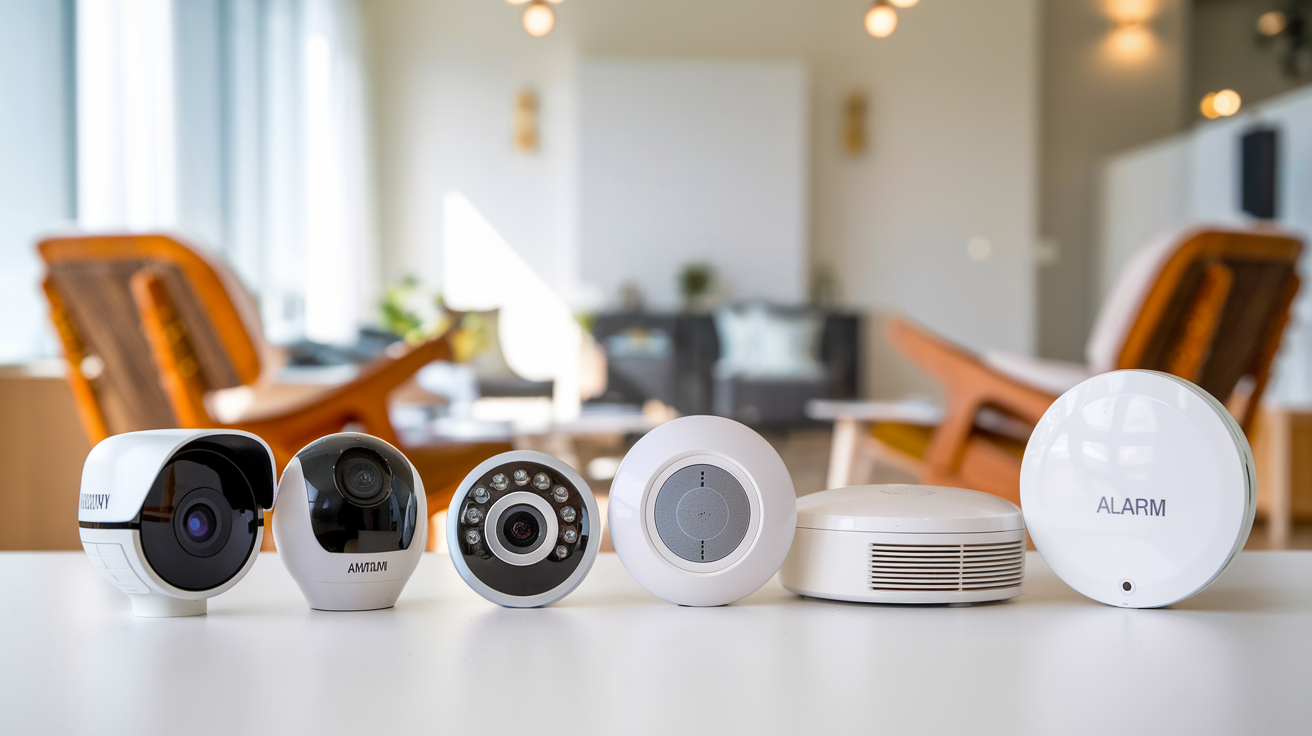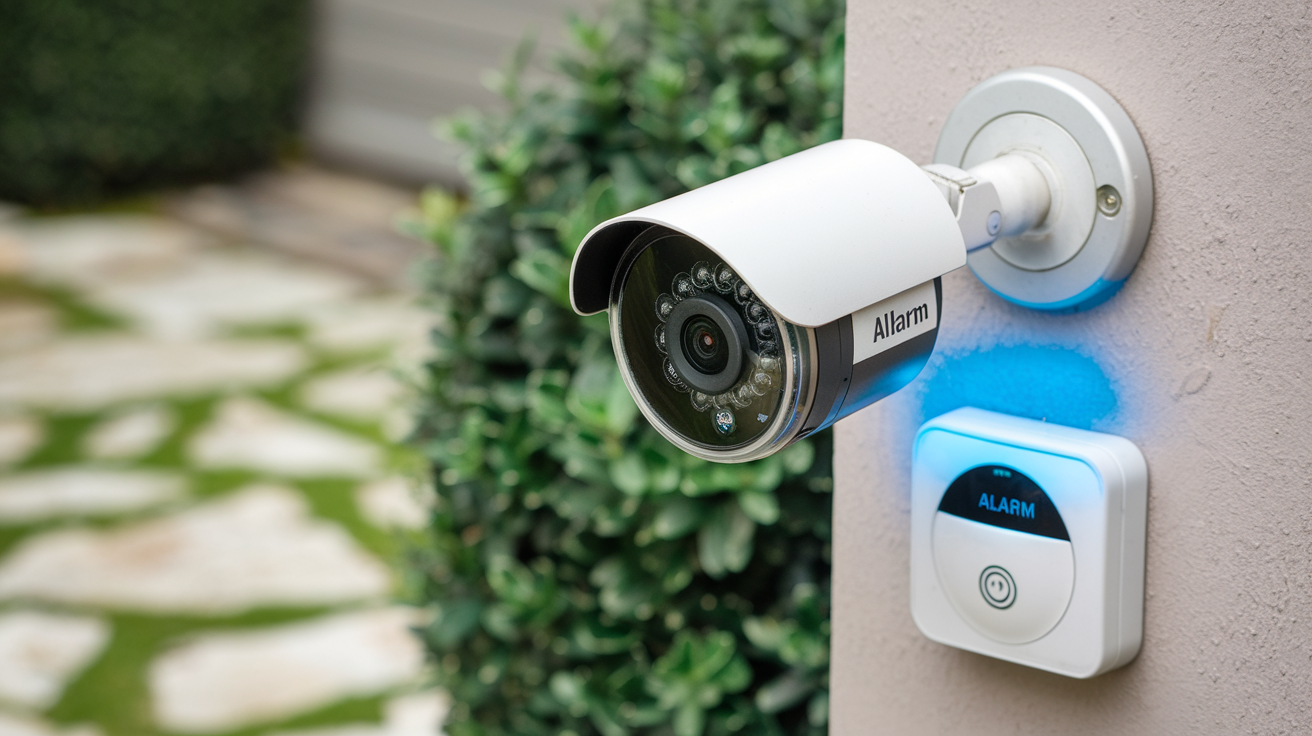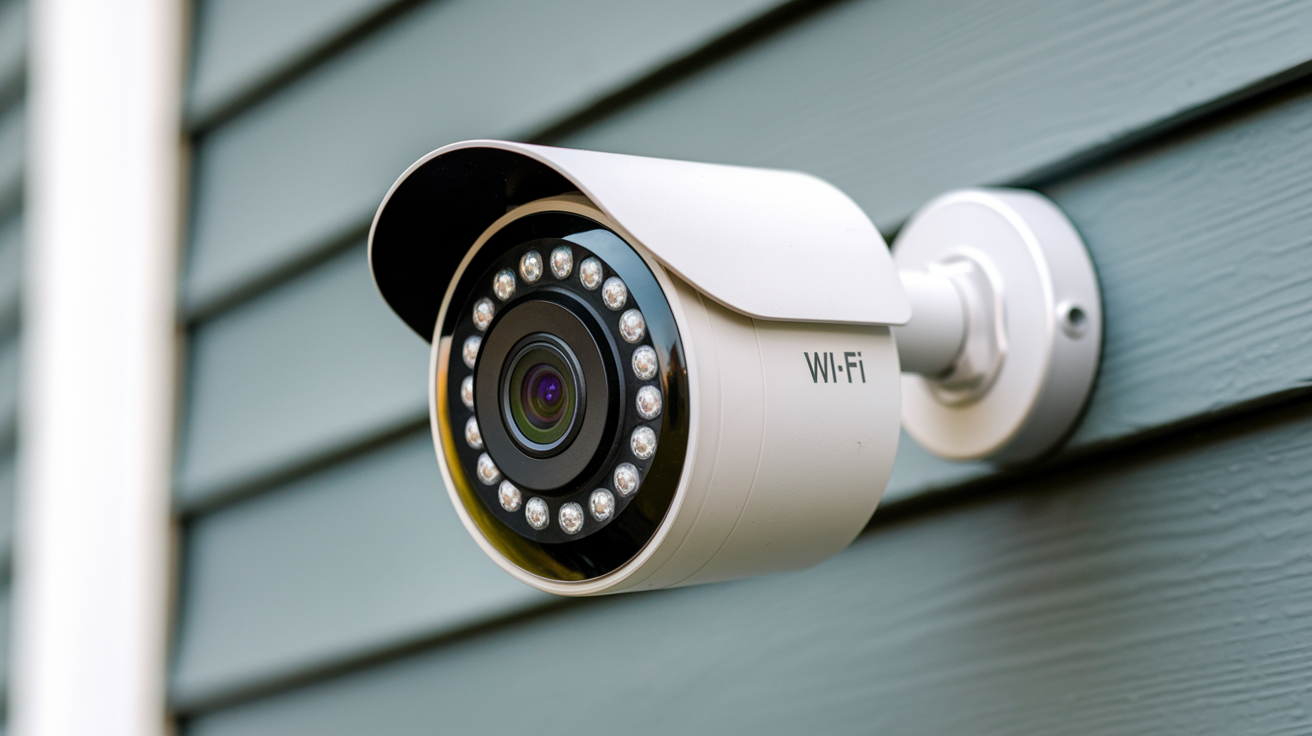CCTV systems or Home Security System have become a norm and can be seen almost everywhere nowadays. Businesses and homeowners also use security cameras to prevent theft and other criminal activities supervise employees and capture video evidence in the event of a disagreement. Security cameras primarily record videos. However, there are also many models equipped with an audio recording feature. Well, can the security cameras also have audio?
The short answer to the question is yes. It is worth noting that most of these security cameras that are currently on the market do include microphones to capture both audio and video. However, many models do not have audio capabilities at all. Whether you require having security cameras that are fitted with audio or not will depend on the purpose or requirement that you have for having security cameras installed in the first place.
Here are some additional details to help you understand how security cameras capture sound, the benefits and drawbacks of audio surveillance, and rules regarding consent and disclosure related to audio recordings.
Are Security Cameras Capable of Recording Audio in Addition to Capturing Visuals?
It is important to note that Best Security Cameras do not record audio by default. Some of the common security camera models available in the market are video-only security cameras that do not even have an audio recording feature at all. However, many of the modern IP cameras, or internet protocol cameras, do include a microphone that can capture the audio of the conversations taking place near the camera.
If you are interested in a camera system with audio, check the product’s specifications to know the available audio modes. Options may include:
- For audio recording, there is no such provision available.
- Video and voice communication enable one-way communication where the caller is heard through a speaker.
- Two-way audio with a microphone for recording audio and a speaker for talking.
- Multi-directional microphones for broader capturing of audio signals
Therefore, while audio recording and communication capability is present in most modern IP camera systems, not all of them offer it.
Advantages and Disadvantages of Audio Recording in Security Cameras
Below are some of the main benefits as well as drawbacks of using microphone-equipped security cameras versus video-only models:
Pros:
- Audio provides more content and information to the video that was taken.
- Can serve to prevent outbursts and conflicts that may involve the use of foul language
- Remote verbal communication through the camera speaker
- Support the authorities in their fight against crime and criminals
- Fire alarms are triggered by specific sounds such as breaking of the glass.
Cons:
- Extends privacy concerns due to recording conversations
- More restricted by wiretapping and consent laws
- Includes data storage requirements for large audio files
- The costs of purchasing and installing the equipment are relatively high.
- Interference can reduce the quality of the sound and that noise in the surrounding environment can affect the sound detected by the system.
In summary, audio capabilities improve monitor capacities, while diminishing privacy. Audio material is beneficial for investigations but is less permissive in terms of legal use. Video-only is somewhat preferred by many homeowners and businesses since it provides the right balance of surveillance functionality and ease of compliance.
Is there any legal regulation that would concern audio surveillance and consent?
Yes, there are various federal as well as state wiretapping statutes that regulate the use of security cameras and other recording devices in capturing the sound of the conversation without the consent of the parties involved. The laws differ slightly from one state to the other but all demand disclosure and consent when the audio of individuals who ought to be considered as having privacy in the particular area is being recorded.
For instance, companies that use surveillance must ensure that employees and customers are aware of the cameras by posting signs across the building, especially at the main door or areas that many people pass through. Private dwellings only need consent from other parties among the regular occupants of the system. Any place like a park or the sidewalk usually doesn’t require consent to capture sound.
Video recording has comparatively fewer constraints than audio in most public spaces but the latter raises privacy issues regarding personal conversations. Security camera owners should also consult the requirements based on the location of the cameras to be installed. What matters, and what needs to be done, is disclosing and obtaining consent.
What Other Option Is There For Security Cameras Other Than Audio Recording?
If the restrictions or added costs of audio recording do not fit your needs, alternatives like the following can still enhance surveillance:
- Improved 4K video that displays even more details.
- Movement sensing to monitor important occurrences.
- Intelligent digitization such as the use of facial recognition, and object tracking coupled with automatic alerts.
- Higher frame rates for smooth slow-motion analysis
- More flexibility when it comes to the direction or axis in which the images are shot with multi-lens cameras
- Night vision Infrared which still shows work-busy even when everything around is pitch black.
However, in some security camera use cases, the audio can be of added value; on the other hand, improvements in video camera hardware and smart software present numerous possibilities to gain more visibility without it.
Ubiquitous Application of Audio Surveillance to What Types of Locations?
As mentioned above, audio recording for security cameras has its compliance implications, however, microphone-enabled systems offer surveillance advantages in several settings. Some of the most common locations using audio capture include:
Commercial Buildings: Reception areas, corridors, canteens, storage spaces, patios, garages, and other internal spaces that are shared by employees typically incorporate camera systems with audio. It is crucial to ensure that there are indicators that inform people that the place is being recorded legally.
Law Enforcement: Law enforcement agencies often employ wearable cameras, car cameras, interrogation room cameras, and other surveillance devices with sound in policing and investigations. They do not need to meet as many consent requirements since they are law enforcement agencies.
Retail Stores: Open stores such as supermarket floors, back offices, car parks, and other stores can benefit from audible alarms for theft and audible recording of disputes. Customers must be given prior notice of such actions and surveillance.
Residential Homes: The consent of the residents is usually sought when microphone-equipped cameras are installed to capture images of areas such as outdoor porches, living rooms, children’s nurseries and entries, and porches.
Public Spaces: Many parks, trails other parking structures, and other public places post signs that caution about the use of audio recording devices. Campus security systems with audio are also in use in governmental premises such as schools.
Thus, audio recording consent reduces versatility for some uses, but audio extensions greatly expand surveillance utility for approved business, police, and private patrol purposes.
The Bottom Line – Can Security Cameras Have Audio
Today’s intelligent security camera systems often integrate microphones and speakers for voice recording and communication capabilities in addition to providing high-resolution video recordings. To the same extent, audio extends monitoring capabilities, and this brings up privacy concerns and important compliance questions regarding disclosure and consent. However, there are many video surveillance alternatives to improve the system without recording audio.
If one takes his/her time and balances the pros and cons and, most importantly complies with all the legal requirements of any country microphone security cameras can in a way enhance visibility. However, video surveillance systems that lack audio content do not have such issues while effectively dissuading unlawful activities. Professional installation and monitoring services can also assist in enhancing built-in audio features where necessary or suggest other suitable video surveillance features for the security of your property if desired.
Protect your home today with ADT’s top-rated security solutions!
Call now at +1 877-470-7879 to get a free consultation and find out how you can secure your home with the best in the business. Don’t wait—ensure your peace of mind with ADT!






